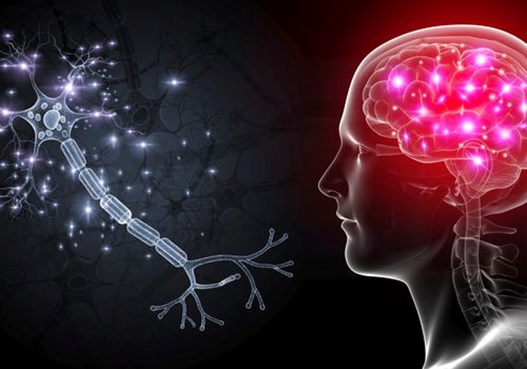
How many positive thoughts do you have everyday? Practising gratitude might seem like a waste of time to some but what if doing so actually improved your physical health? According to research, those who regularly acknowledge what they are grateful for have lower blood pressure, less stress and better quality sleep. Read below to find out how saying thank you more often can change your body for the better.
What Is Gratitude?
Gratitude is defined as a positive emotion which arises when one receives kindness from another. Most of us are familiar with what being grateful entails even if we don’t feel it often. Unfortunately, gratitude is a fleeting emotion and sometimes it takes a conscious effort to appreciate what you’ve got. It is very easy to take all the amazing things in our lives for granted. Some believe that being positive all the time is unrealistic. This is a notion we need to dispel. Not only does being grateful feel good, it also benefits your physical health and well-being.

Being Grateful Can Change Your Brain
If you’re a highly strung person then practisting a bit of gratitude could make a huge difference to your stress levels. This isn’t just a placebo effect. Being grateful can physically change the way your brain operates. All humans have something called an amygdala. This is the region of the brain that controls emotional responses like fear and anxiety. In this study, women who did a six week gratitude journal had less reactives amygdalas. Basically, there was physical evidence that being grateful can reduce anxiety levels. If you find yourself anxious often or fretting about little things, try taking a minute to list three things you are thankful for. This could make a big difference to your mindset.

Being Grateful Releases Dopamine
Not only does gratitude affect the amygdala, it can also cause your brain to release more happy chemicals. This study found that feeling grateful activates reward pathways in your brain. Gratitude can increase the production of pleasure chemicals serotonin and dopamine. This shows that being thankful makes you feel good emotionally and even changes your neural architecture. Our brains are plastic which means we can change how they work through our behaviours and experiences. If you think happy thoughts more often, your brain will adapt to focusing on the positives. So why bother taking drugs or other substances to feel a high when you can use a gratitude journal instead? You will feel the same pleasure without any adverse effects.

Better Quality Sleep
A 2011 study focussed on university students who were struggling to get enough sleep. The researchers asked them to note down things they were grateful for every night before hitting the sack. Interestingly, they found that those who practised gratitude before bed were able to quiet their minds and experienced better quality sleep compared to those who didn’t. Considering the fact that one quarter of New Zealanders suffer from sleep problems, this pre-bed routine could improve the lives of many. Gratitude journaling before bed is a much cheaper and healthier option than sleeping pills. If you can’t seem to easily drift off to sleep then give this tactic a try and see how you go.

Ways To Practise
Implementing more gratitude into your routine doesn’t require much effort. Simple exercises done frequently can make a big difference to your well-being. Some easy habits to implement could be the gratitude journal before bed or downloading an app like Presently or Delightful. If you’d like to get your family involved, why not put up a whiteboard where everyone writes one thing they are grateful for every night? Some other methods could be texting a loved one that you appreciate them or combatting a negative thought with a positive one.

Conclusion
It turns out a ‘thank you’ a day keeps the doctor away. When was the last time you told someone you are grateful they exist? Can you try listing three things per day that you are happy to have? It might sound a bit woo woo but science says that doing these things impacts your health for the better. So if you care at all about your physical well-being, start saying thank you more often. The more you appreciate the positive things in life, the more positive things you will have to appreciate.
